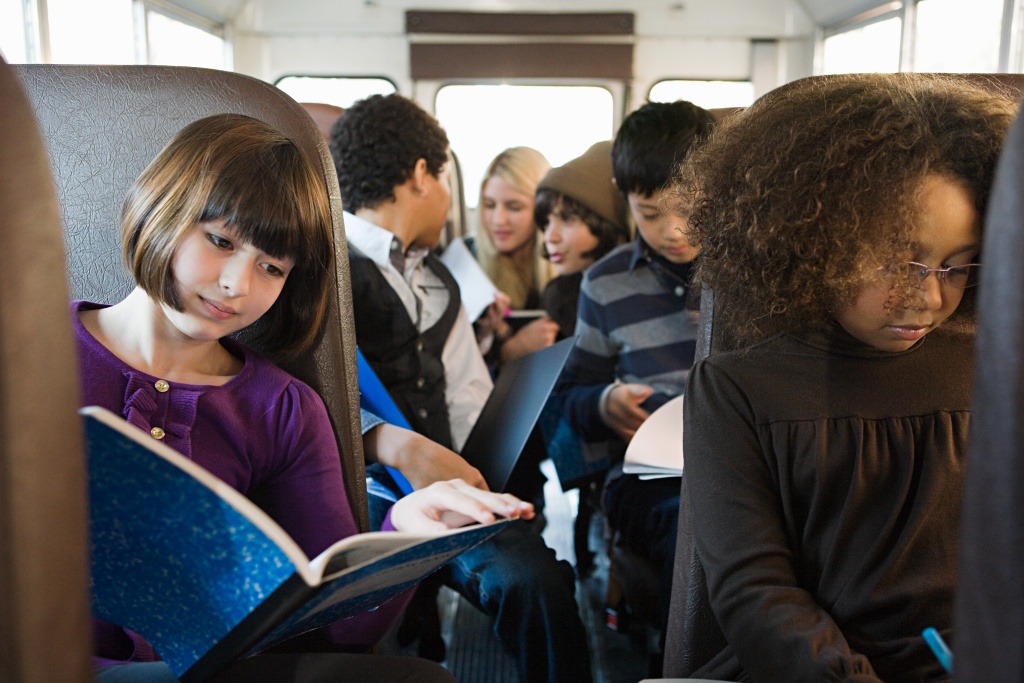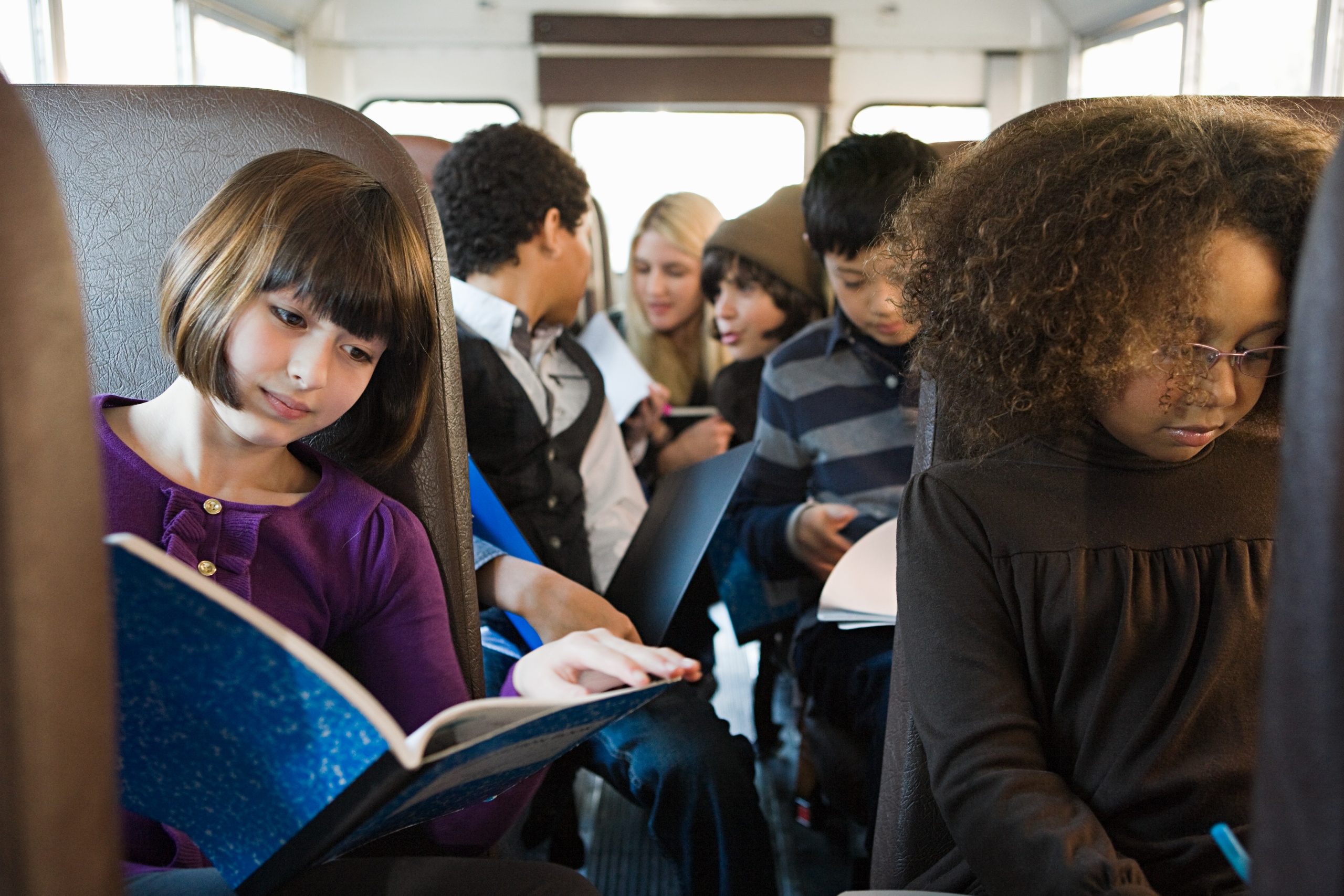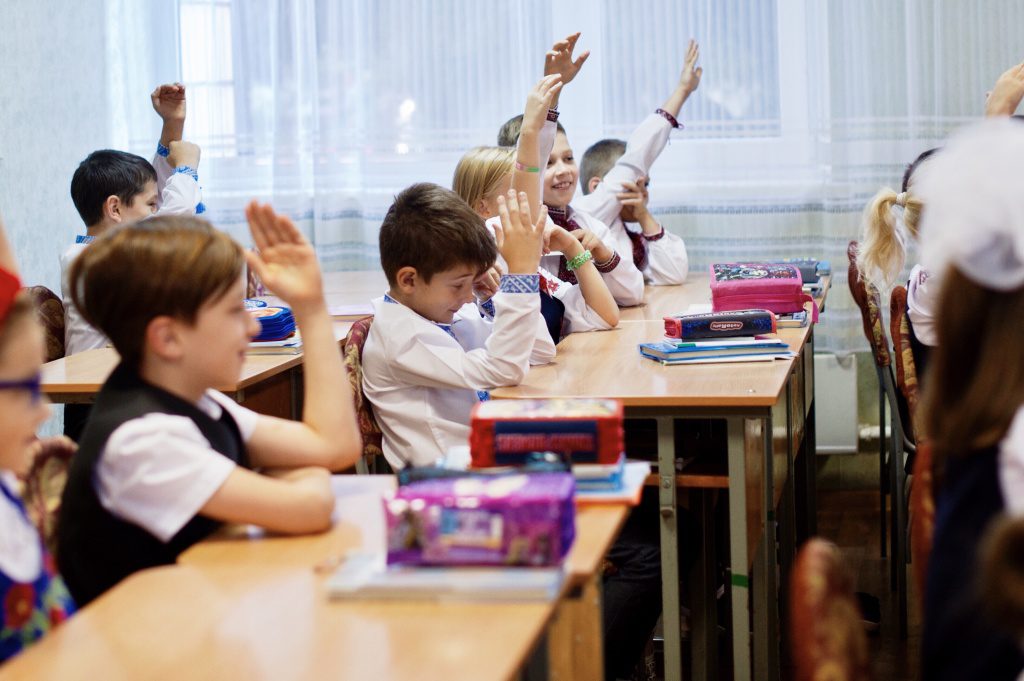650 Church Street, Ste 119, Plymouth, MI 48170

Apply to School for Gifted Children
Our application process includes the following steps:
- Parent Introduction and Tour of Steppingstone School
- IQ Evaluation
- Completed Application
- Letter of Recommendation
- Student All Day Visit
Appropriateness of the environment for the student is based on parent, student, and staff input as well as the Wechsler IQ Evaluation, individually administered by a qualified psychologist.
The report should include sub-test scores as well as the examiner’s professional evaluation. While a full-scale IQ score of 130+ usually establishes eligibility, lower overall IQ scores accompanied by combinations of sub-test scores indicating high potential may also determine eligibility.
Once eligibility is determined, enrollment will be reserved upon receipt of the Tuition Deposit and Enrollment Agreement. Tuition payments are due according to the schedule. Tuition must be paid in-full prior to attendance.
- You may download an application
- Completed applications can be emailed to
- Or mailed to
Steppingstone School, 650 Church Street
Suite 119, Plymouth, Michigan 48170
- You may download an application
- Or mailed to
Steppingstone School, 650 Church Street
Suite 119, Plymouth, Michigan 48170
- Completed applications can be emailed to

Understanding Gifted Children
Before delving into the application process, it is important to understand the characteristics of gifted children. These children often exhibit high cognitive abilities compared to their peers of the same age. They may show an intense curiosity, a quick grasp of concepts, and an ability to think abstractly and solve complex problems.
Gifted children may also have advanced language skills, an excellent memory, and a keen interest in reading and learning. They might demonstrate abilities in one or more areas such as mathematics, science, language arts, social studies, or the arts.

Understanding Gifted Children
Before delving into the application process, it is important to understand the characteristics of gifted children. These children often exhibit high cognitive abilities compared to their peers of the same age. They may show an intense curiosity, a quick grasp of concepts, and an ability to think abstractly and solve complex problems.
Gifted children may also have advanced language skills, an excellent memory, and a keen interest in reading and learning. They might demonstrate abilities in one or more areas such as mathematics, science, language arts, social studies, or the arts.
The Need for Gifted and Talented Education
Gifted and talented education is designed to cater to the exceptional learning needs of gifted children. It provides a challenging curriculum that matches their abilities, interests, and learning styles. It also offers opportunities for these students to interact with intellectual peers, fostering a healthy social environment.
The standard curriculum in regular schools may often be insufficient for gifted children. This is because it may not provide the level of challenge needed to stimulate their intellectual growth. As a result, these children may become bored or frustrated in a regular classroom setting.
Gifted and talented education programs offer a solution to this problem. They provide a curriculum that is differentiated and paced to meet the needs of gifted students. Such programs also provide opportunities for gifted children to explore their interests in depth and to develop their talents to their fullest potential.

The Need for Gifted and Talented Education
Gifted and talented education is designed to cater to the exceptional learning needs of gifted children. It provides a challenging curriculum that matches their abilities, interests, and learning styles. It also offers opportunities for these students to interact with intellectual peers, fostering a healthy social environment.

The standard curriculum in regular schools may often be insufficient for gifted children. This is because it may not provide the level of challenge needed to stimulate their intellectual growth. As a result, these children may become bored or frustrated in a regular classroom setting.
Gifted and talented education programs offer a solution to this problem. They provide a curriculum that is differentiated and paced to meet the needs of gifted students. Such programs also provide opportunities for gifted children to explore their interests in depth and to develop their talents to their fullest potential.
The Importance of Schools for Gifted Children
Schools for gifted children are crucial as they offer gifted education programs that are specially designed to meet the learning needs of these students. These schools provide an environment where gifted children can thrive academically and socially. The curriculum in these schools is often accelerated or enriched, allowing gifted students to learn at a pace that matches their abilities.
Moreover, these schools offer a wide range of extracurricular activities that cater to the diverse interests of gifted students. These activities provide opportunities for gifted students to pursue their passions and to develop their talents beyond the classroom.
Applying to a school for gifted children is a crucial step in nurturing the unique abilities of a gifted child. The specialized curriculum and supportive environment offered by these schools can significantly enhance the child’s intellectual and personal growth. While the application process may seem daunting, careful planning and preparation can help to ensure a successful outcome. Parents and guardians of gifted children should therefore consider investing the time and effort needed to find the right school that will best cater to their child’s exceptional learning needs.
